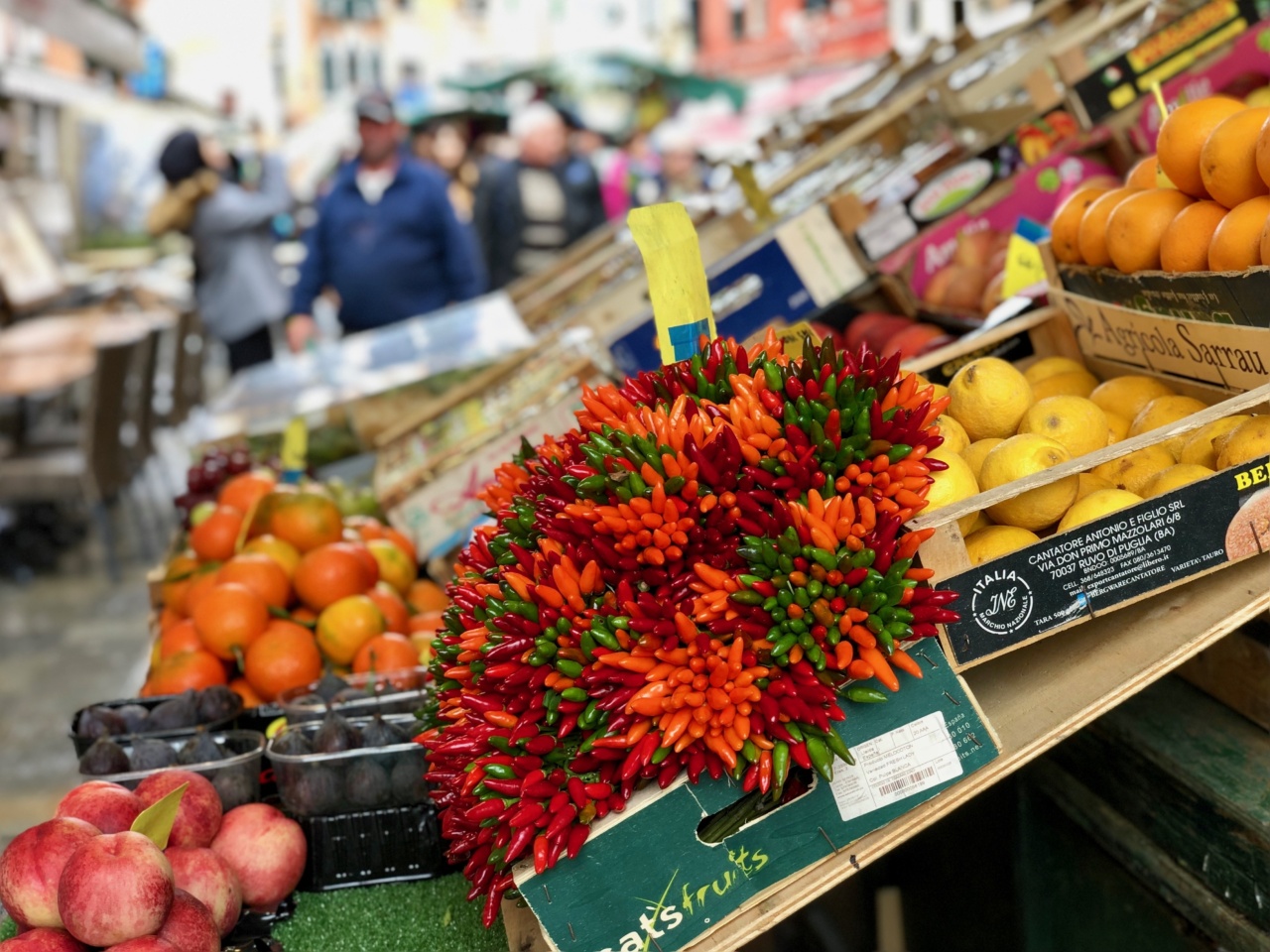Diabetes is a chronic condition that affects millions of people worldwide. It is characterized by high blood sugar levels, which can lead to a range of health problems if left unmanaged.
While there are medications available to help control diabetes, many people are turning to natural remedies to complement their treatment. One surprising solution may already be sitting in your spice rack – certain spices have been found to have potential benefits in managing diabetes. Read on to discover the unexpected diabetes remedy hiding in your spice rack.
1. Cinnamon: A Sweet Spice for Diabetes Control
Cinnamon is a popular spice known for its distinctive sweet taste and aroma. However, recent studies have shown that cinnamon may also offer potential benefits for those with diabetes.
It has been found to improve insulin resistance, reduce fasting blood sugar levels, and even lower cholesterol levels in people with type 2 diabetes.
2. Turmeric: The Golden Spice with Powerful Antioxidants
Turmeric, often revered for its bold yellow color and use in curries, contains a compound called curcumin. Curcumin has powerful anti-inflammatory and antioxidant properties, making it a potential aid in managing diabetes.
Studies have shown that curcumin may help lower blood sugar levels, improve insulin sensitivity, and reduce the risk of diabetes-related complications.
3. Ginger: A Spicy Root for Blood Sugar Regulation
Ginger, commonly used in cooking and herbal remedies, has been found to possess various health benefits, including potential effects on blood sugar regulation.
Research suggests that ginger may help lower fasting blood sugar levels, improve insulin sensitivity, and reduce markers of inflammation in people with diabetes.
4. Fenugreek Seeds: Ancient Seeds with Antidiabetic Potential
Fenugreek seeds have a long history of use in traditional medicine and have gained attention for their potential antidiabetic properties.
Studies have shown that fenugreek seeds can significantly reduce fasting blood sugar levels and improve glucose tolerance. They may also support insulin secretion and decrease insulin resistance.
5. Oregano: A Flavorful Herb for Glycemic Control
Oregano, a staple herb in Mediterranean cuisine, contains compounds with potential antidiabetic effects. One study found that oregano extract helped reduce blood sugar levels and improve insulin sensitivity in mice with diabetes.
While more research is needed to confirm these findings in humans, adding oregano to your meals may offer some benefits for diabetes management.
6. Cloves: Spicy Buds with Potential Glucose-Lowering Effects
Cloves are well-known for their aromatic and warm flavor. Aside from their culinary use, cloves may also have potential glucose-lowering effects. In animal studies, cloves have been shown to improve insulin sensitivity and reduce blood sugar levels.
Additionally, cloves possess antioxidant properties that may protect against diabetes-related complications.
7. Garlic: More Than Just a Bulb for Diabetes Control
Garlic is a flavorful bulb commonly used in various cuisines and traditional medicine practices. It contains bioactive compounds such as allicin, which may offer benefits for diabetes management.
Studies have found that garlic can help regulate blood sugar levels, improve insulin sensitivity, and reduce the risk of cardiovascular complications associated with diabetes.
8. Sage: A Medicinal Herb for Glycemic Stability
Sage is an aromatic herb often used to enhance the flavor of dishes. It also holds potential benefits for individuals with diabetes.
Research suggests that sage may help improve glycemic stability by modulating glucose absorption and enhancing insulin sensitivity. Incorporating sage into your meals may be a simple way to support diabetes management.
9. Black Pepper: A Spice that Enhances Insulin Function
Black pepper is a common spice used worldwide, known for its distinct taste and aroma. Apart from adding flavor to dishes, black pepper may also have a positive impact on diabetes management.
Studies have found that black pepper extract can improve insulin function, increase glucose metabolism, and potentially reduce the risk of diabetes-related complications.
10. Cumin: A Spice with Potential Antidiabetic Effects
Cumin is a versatile spice widely used in many cuisines due to its warm and earthy flavor. It contains bioactive compounds that may have potential antidiabetic effects.
Research suggests that cumin may help regulate blood sugar levels, enhance insulin sensitivity, and reduce inflammation associated with diabetes.
Incorporating Spices into Your Diabetes Management
While the potential benefits of spices in managing diabetes are promising, it is important to note that they should not replace prescribed medications or medical advice.
Spices should be used as part of a holistic approach to diabetes management, which includes a balanced diet, regular exercise, and appropriate medical care.
If you have diabetes, consider consulting with a healthcare professional or a registered dietitian to determine the best way to incorporate these spices into your diabetes management plan.
They can provide guidance on appropriate quantities and potential interactions with medications.
Adding a sprinkle of cinnamon to your oatmeal, incorporating turmeric into curry dishes, or experimenting with new spice blends can not only add flavor to your meals but also provide potential benefits for managing diabetes.
Conclusion
Who would have thought that the key to managing diabetes could be hiding in your spice rack? The spices mentioned above, including cinnamon, turmeric, ginger, fenugreek seeds, oregano, cloves, garlic, sage, black pepper, and cumin, offer potential benefits for individuals with diabetes. Incorporating these spices into your meals can make managing blood sugar levels and mitigating the risk of complications a more flavor-filled journey.
Remember, while spices may offer some benefits, they should never replace proper medical treatment. The assistance of a healthcare professional is essential to develop a comprehensive diabetes management plan that suits your individual needs.
Use spices as flavorful complements to your holistic approach, and savor the delicious journey towards better diabetes control.



























